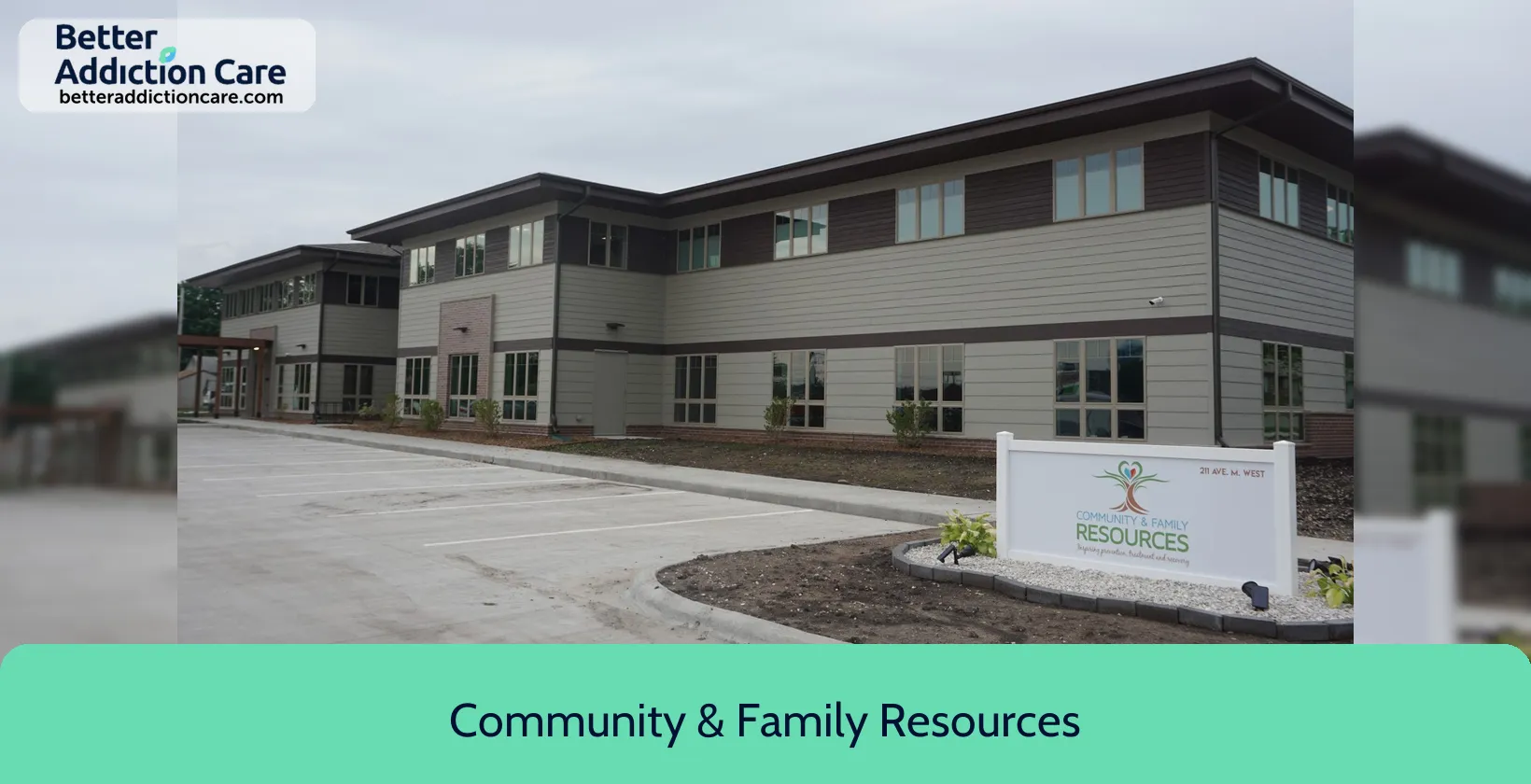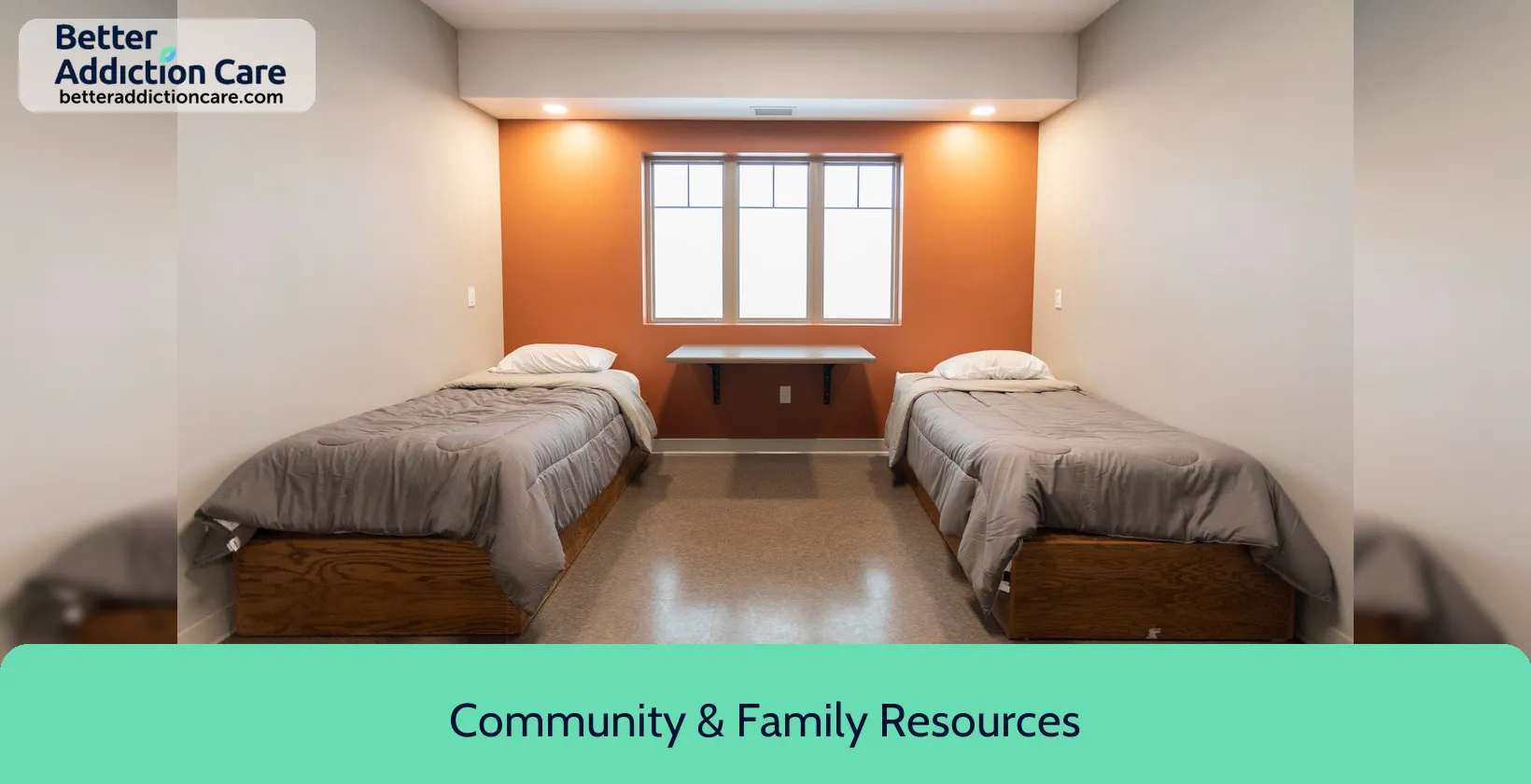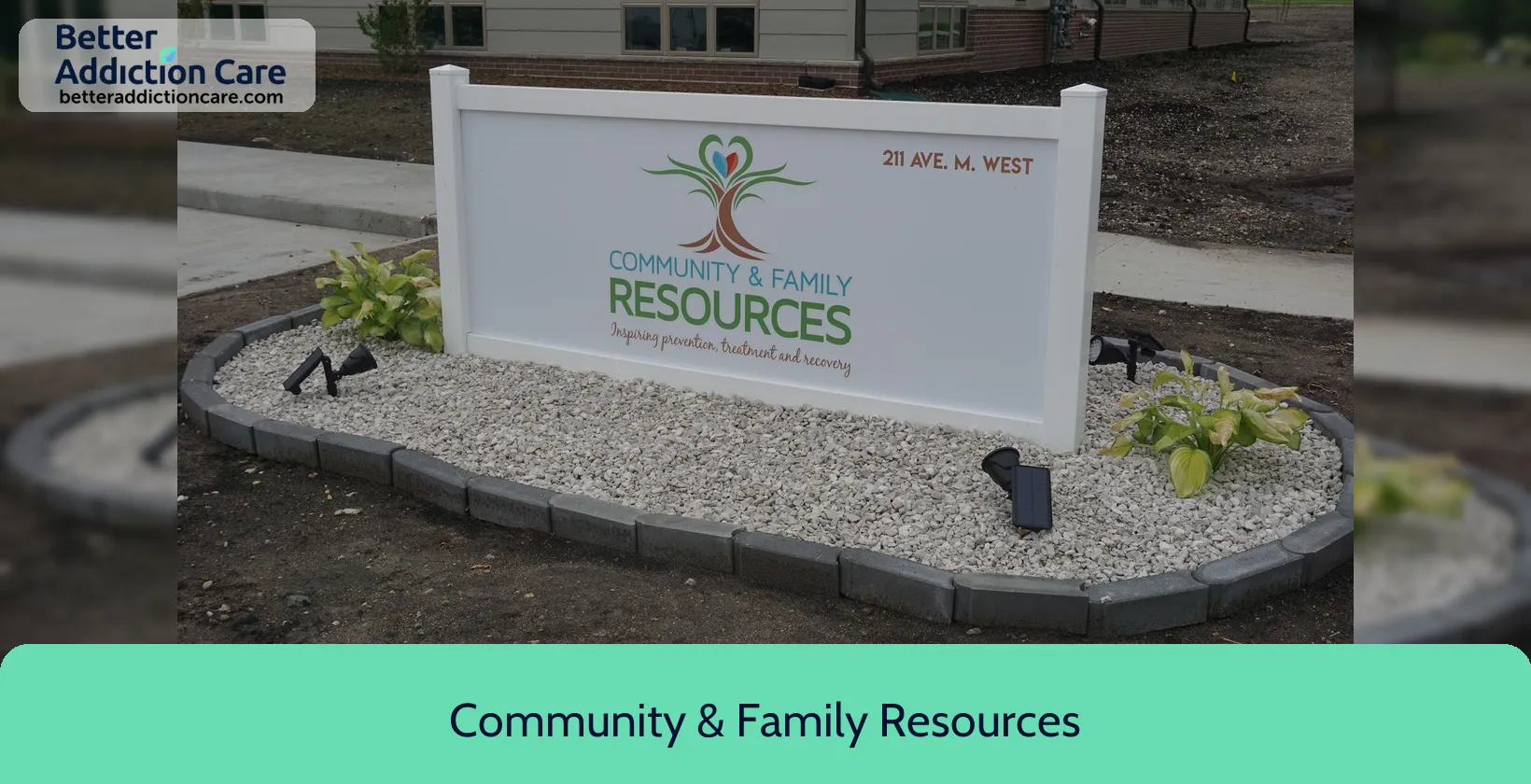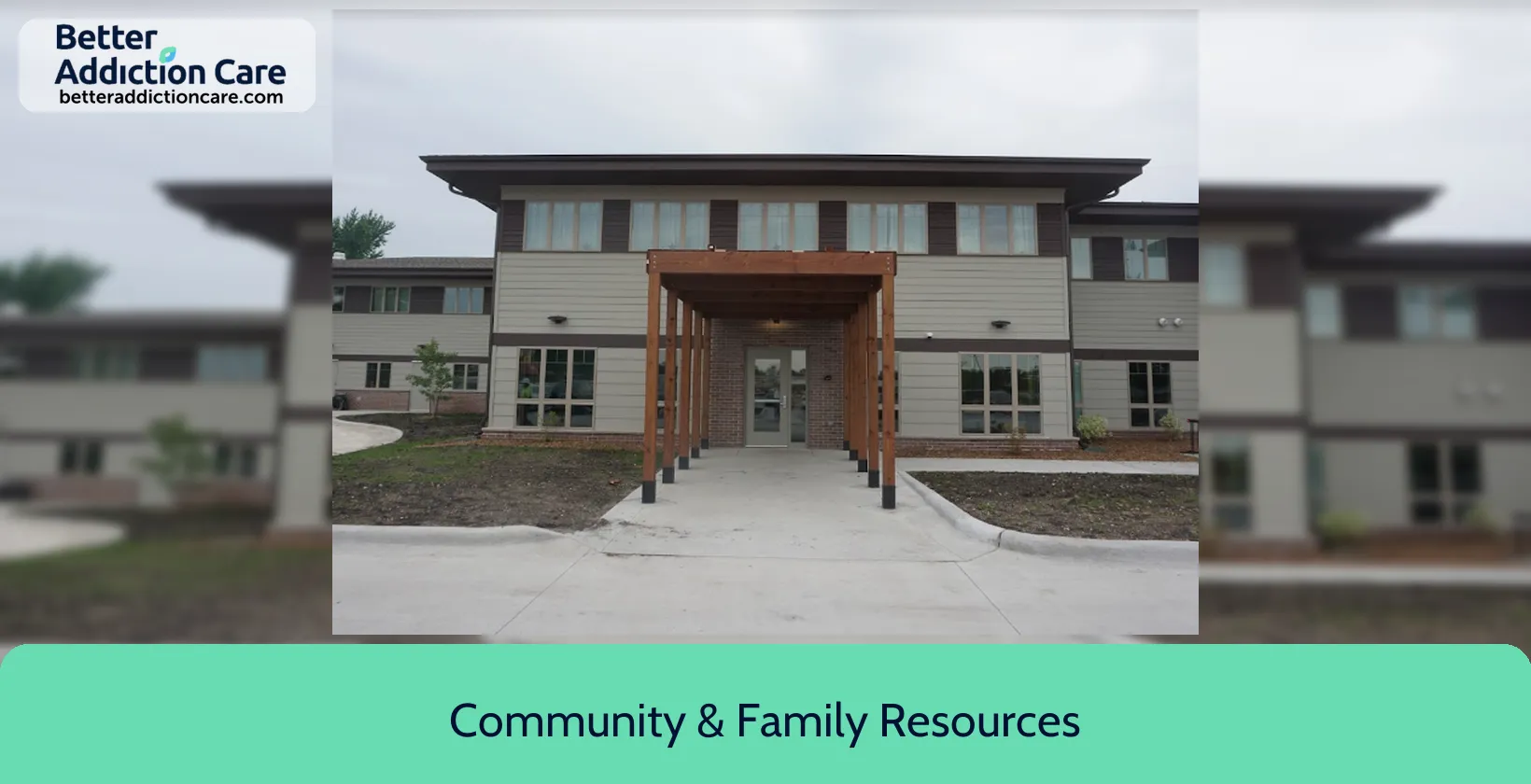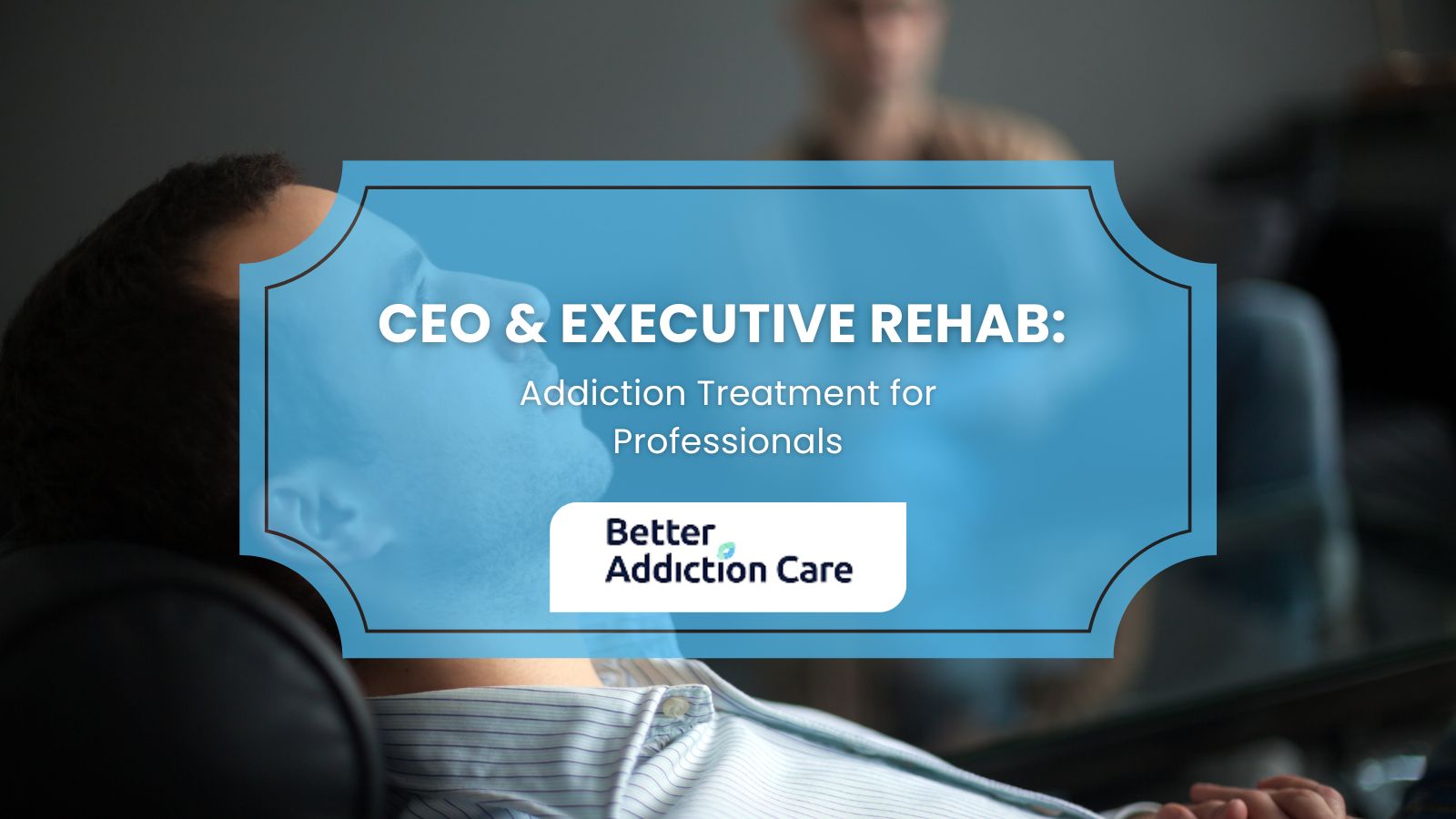Community & Family Resources
Overview
Community & Family Resources – Fort Dodge, located in Fort Dodge, Iowa, is a distinguished private rehabilitation center specializing in the comprehensive treatment of alcoholism, drug addiction, dual diagnosis, opioid addiction, and substance abuse. This facility is dedicated to providing high-quality, individualized care to support clients on their journey to recovery.
Community & Family Resources – Fort Dodge offers a range of evidence-based treatment programs tailored to meet the unique needs of each client. The center’s multidisciplinary team includes experienced professionals such as addiction specialists, licensed therapists, and medical staff who work collaboratively to create personalized treatment plans.
Community & Family Resources at a Glance
Payment Options
- Access to Recovery (ATR) Voucher
- Medicaid
- Private health insurance
- Cash or self-payment
- State-financed health insurance plan other than Medicaid
Assessments
- Comprehensive mental health assessment
- Comprehensive substance use assessment
- Screening for tobacco use
- Interim services for clients
- Outreach to persons in the community
Age Groups
- Adults
- Children/adolescents
- Adolescents
- Young adults
- Seniors
Ancillary Services
- Case management service
- Court-ordered outpatient treatment
- Family psychoeducation
- Integrated primary care services
- Suicide prevention services
Highlights About Community & Family Resources
7.46/10
With an overall rating of 7.46/10, this facility has following balanced range of services. Alcohol Rehabilitation: 8.07/10, Drug Rehab and Detox: 7.23/10, Insurance and Payments: 6.00/10, Treatment Options: 8.55/10.-
Treatment Options 8.55
-
Alcohol Rehabilitation 8.07
-
Drug Rehab and Detox 7.23
-
Insurance and Payments 6.00
Accreditations
State mental health department:
State mental health department accreditation refers to the process of evaluating and certifying the quality and standards of a state's mental health department, ensuring that it provides high-quality services and meets specific criteria for mental health care. The accreditation process is performed by a third-party organization and helps to improve the overall care and treatment of individuals with mental health conditions.
State department of health:

Government agencies issue State Licenses, granting permission to rehabilitation organizations to conduct their business operations lawfully within specific geographic regions. Generally, the particular rehabilitation programs offered by a facility and its physical location dictate the necessary licenses needed for legal operation.
Commission on Accreditation of Rehabilitation Facilities (CARF):

CARF accreditation is a prestigious recognition granted to rehabilitation and human service organizations. It signifies that an organization meets high-quality standards, having undergone a rigorous evaluation process. CARF accreditation boosts an organization's credibility and ensures top-notch care for individuals with disabilities, injuries, or healthcare needs.
Treatment At Community & Family Resources
Treatment Conditions
- Mental health treatment
- Alcoholism
- Opioid Addiction
- Substance use treatment
- Co-occurring Disorders
Care Levels
- Intensive outpatient treatment
- Detoxification
- Outpatient
- Hospital inpatient treatment
- Short-term residential
Treatment Modalities
- Family counseling
- Group counseling
- Individual psychotherapy
- Couples/family therapy
- Cognitive behavioral therapy
Ancillary Services
Languages
- Sign language services for the deaf and hard of hearing
Additional Services
- Pharmacotherapies administered during treatment
- Mentoring/peer support
- Breathalyzer or blood alcohol testing
Special Programs
- Clients with co-occurring mental and substance use disorders
- Criminal justice (other than DUI/DWI)/Forensic clients
- Clients who have experienced trauma
- Persons with post-traumatic stress disorder (PTSD)
Contact Information
Read our Most Recent Article About Drug Addiction
DISCLAIMER: The facility name, logo and brand are the property and registered trademarks of Community & Family Resources, and are being used for identification and informational purposes only. Use of these names, logos and brands shall not imply endorsement. BetterAddictionCare.com is not affiliated with or sponsored by Community & Family Resources.
